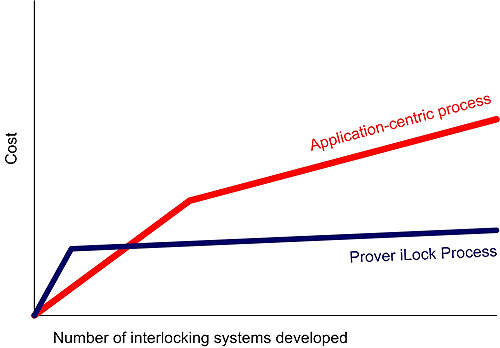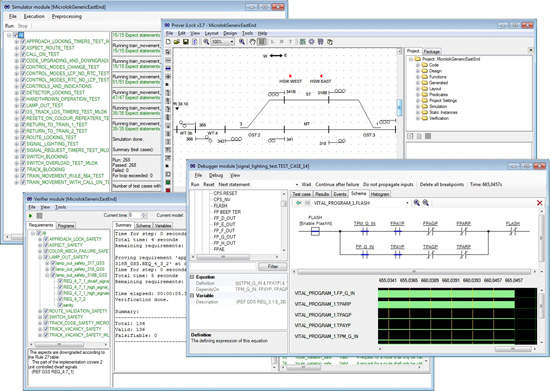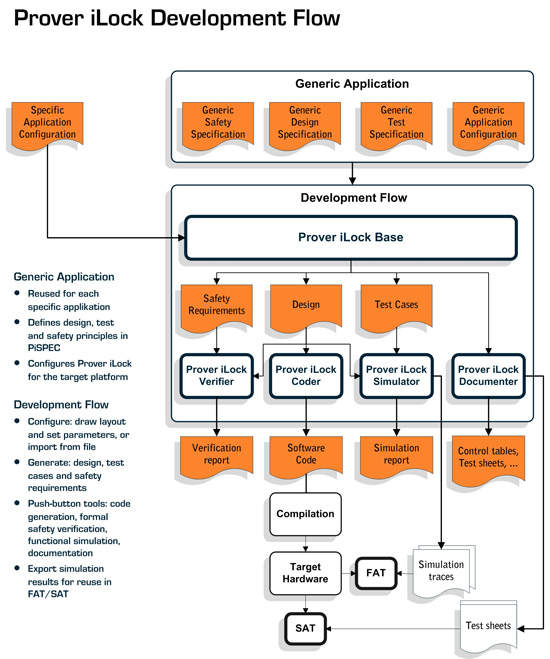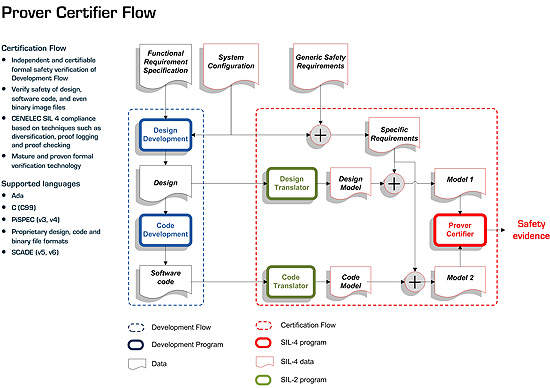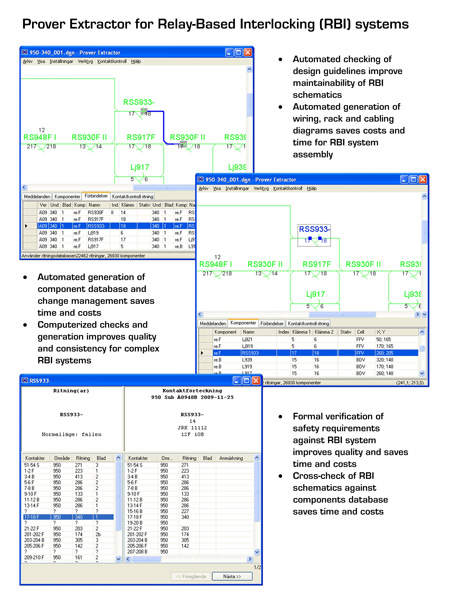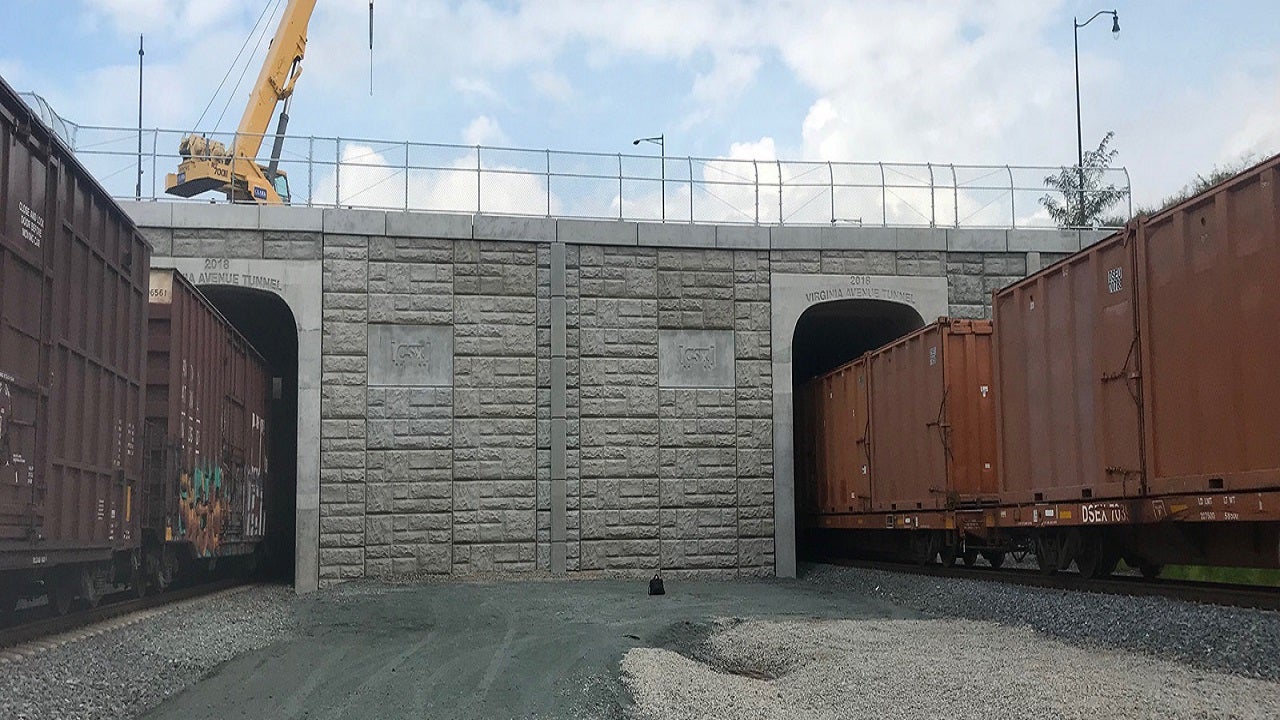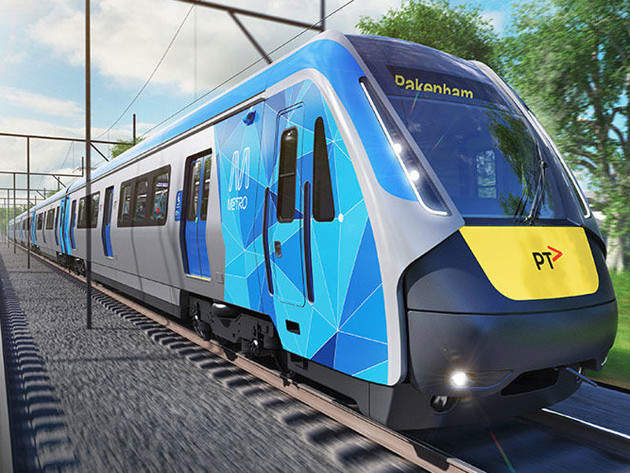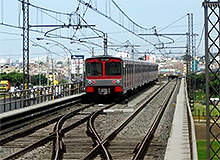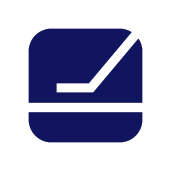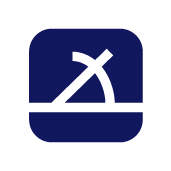The demand for rail transport capacity and interoperability is increasing worldwide. Trains are faster, more economical, safer and greener compared to aviation, trucking and cars that bring oil dependence and pollution. We at Prover Technology are committed to doing our part in creating a sustainable and safe world with our solutions.
Our company was founded in 1989 in Stockholm, Sweden, and has subsidiaries in the US and France. We are privately owned by investors and staff, and have customers in more than 25 countries. We are active in railway and signalling industry associations and standardisation bodies such as SWERIG and UNIFE, and actively contribute to shaping the train control systems of tomorrow.
Engineering a safer world
Prover Technology is a world-leading provider of software solutions for the engineering of safety critical systems that control trains, signals and switches. We provide solutions for interlocking design automation that reduce time to market for commissioning of train control systems, with improved safety.
Interlocking Design Automation (IDeA)
Infrastructure managers (IM) that tender and purchase new rail control and signalling systems aim to have the new systems delivered on time and with correct functionality at first installation. This is important to achieve, as it means that the costs for the IM will be within the tendered cost; conversely, not achieving this means delays and budget overruns.
Interlocking Design Automation (IDeA) is a new concept that helps clients to overcome the challenges in meeting infrastructure manager expectations regarding the delivery of modern rail control interlocking systems, and the cost of change problem.
Formal methods to cut cost and increase safety on railway signalling systems
Railway signalling systems are surprisingly expensive to produce. Formal methods have emerged as a way to cut costs and increase safety at the same time.
Today, there are proof engines that can formally verify the safety requirements for a railway interlocking system in a few minutes using an average laptop computer. Time-consuming and incomplete safety testing can be replaced by mathematical proofs that, for a fraction of the previous cost, can provide 100% coverage. This approach requires high-quality specifications that must be formalised in a mathematically precise formal language, so that proof engines understand exactly what they are supposed to prove.
Formal verification is now strongly recommended by safety standards organisations such as CENELEC. Several leading railway infrastructure managers, such as Paris Metro, Swedish National Rail, Norwegian National Rail and New York City Transit, require formal verification as part of their safety assessments. The reason: formal verification increases safety and quality, and provides more efficient processes for otherwise costly and time-consuming safety testing.


